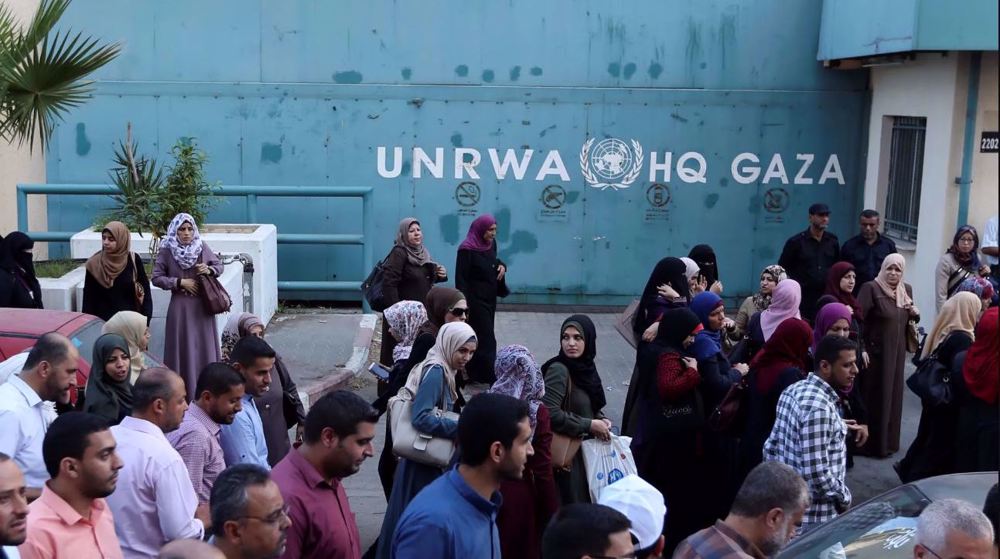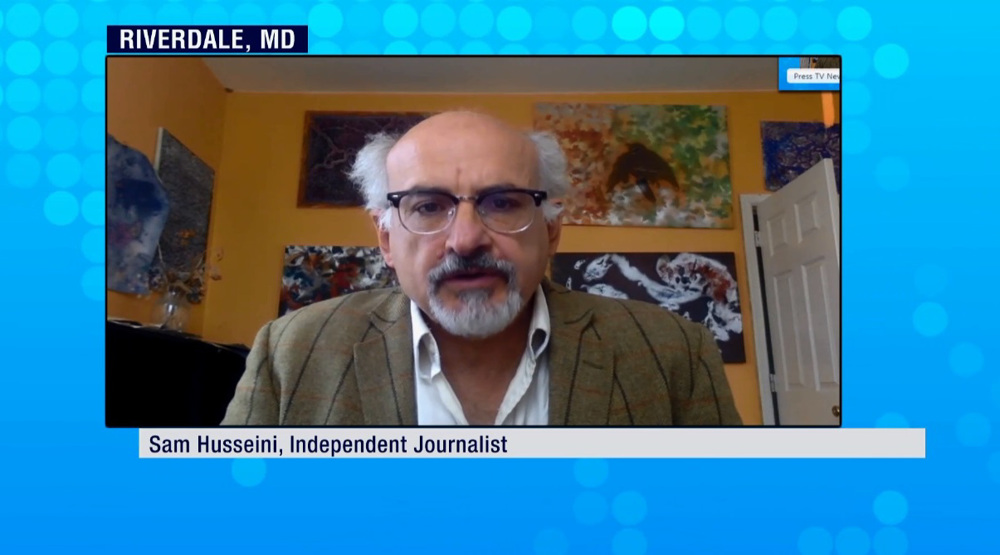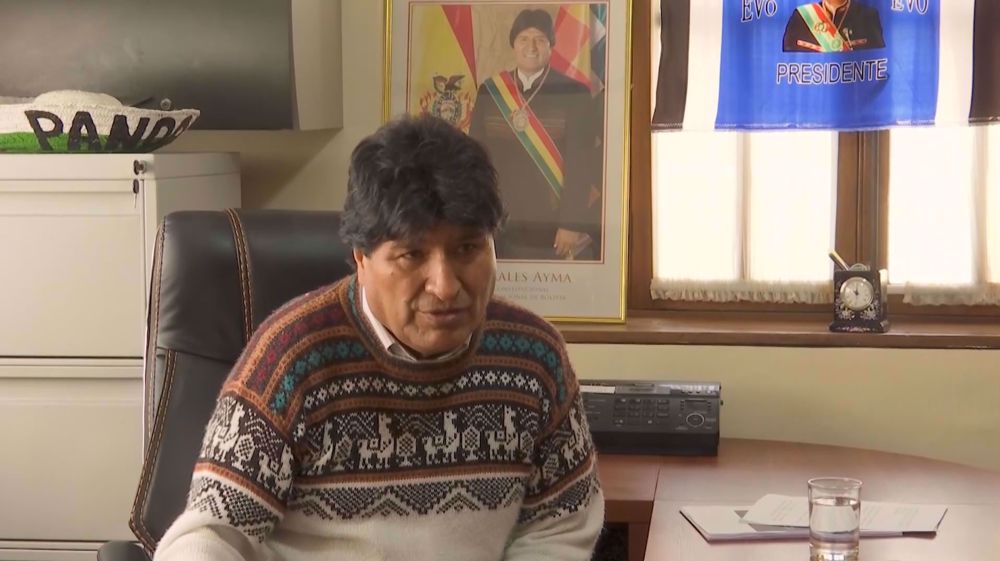'Russia envoy assailant influenced by terrorists in Syria'
The assassination of Russia's ambassador to Turkey, Andrey Karlov, has given rise to debates surrounding the assailant’s motive, his possible links to foreign countries and whether he was influenced by the same underlying ideology that has been driving extremist groups in the Middle East. Joe Quinn, editor and researcher at sott.net, as well as Peter Sinnott, independent scholar, have shared their views with us on the program 'The Debate.'
Joe Quinn described the Russian envoy’s assassination as the “brutal” murder of an innocent man, and asserted that the assassin was evidently influenced by terrorist groups in Syria.
“That is very clear based on what he said and the way that he brutally murdered the Russian ambassador. Obviously in the context of the actions of Russia, along with the Syrian military in Syria in defeating these Western-backed mercenaries effectively, the fact that he would kill this ambassador at this time suggests that he was very much aligned with those people, if not one of them,” he said.
The analyst drew an analogy between the United States and terrorist groups such as al-Qaeda and al-Nusra in that both sides view Russia as a “major target” and “an enemy,” arriving at the conclusion that the assassination of Ambassador Karlov can be characterized as a US attack on Russia.
“So when we see this convergence of two entities, the US government on the one hand lambasting and demonizing and condemning Russia at every opportunity, at the same time you see the so-called Islamic terrorist groups, who are actually mercenaries in the pay of the US government, attacking Russia, this seems to be effectively a Western or US attack on Russia by other means,” he stated.
Elsewhere in his remarks, Quinn asserted that “Islamic terrorism” was in fact a manufactured version of terrorism, because terrorists, who are fighting against the government of President Bashar Assad in Syria, are in the pay of Western governments and their Persian Gulf allies - namely Saudi Arabia and Qatar, and should therefore be called “mercenaries.”
Giving his analysis of how he foresees the future of the war in Syria, Quinn said that would largely depend on the enthusiasm of the key players in continuing the war.
It is widely acknowledged, he said, that the US government, some European governments and their Persian Gulf allies are responsible for the nearly six-year-long war in Syria, because they have been supplying weapons, money and training to “the mercenaries” specifically for the purpose of overthrowing the “democratically-elected government of President Assad.”
Meanwhile, the other panelist on the program, Peter Sinnott described the killing as a “planned assassination,” adding that the assailant has acted in the spirit of the Daesh terrorist group in an attempt to make this incident a major cause to continue the Syrian conflict and turn it into a larger war.
He argued that the radicalized assailant had in fact tried to link the assassination to the idea of ‘remembering Aleppo’ to propagate the new cause of uniting militants to continue their hostile acts not only in the Middle East but also in Europe.
Sinnot noted that many terrorist groups such as al-Qaeda and Daesh have seen Russia as the “enemy,” adding Russia has been a target for a very long time and they want to make it a target again.
The analyst then referred to a period of very intense attacks in Europe, and lately in Turkey, Jordan and Yemen, stating that there is a very clear shift towards a higher level of terrorism in a much broader spectrum, in which Russia is also included.
Sinnot further opined that the war in Syria is not over yet, arguing that no one can pretend to be a “guarantor of peace” in the war-torn country until Daesh terrorists are completely defeated.
The analyst dismissed the recent attempts by Moscow, Tehran and Ankara to guarantee the Syria peace talks.
“The terrorists are not yet defeated by any means. They may have fallen in eastern Aleppo, but this war seems to be going on and I would not expect it to be such a quick victory,” Sinnot commented.
Columbia, Yale students bent on ending US support for Israeli genocide
VIDEO | Genocide in Gaza
Iran calls on BRICS to play role in stopping Israeli crimes
President Raeisi’s historic visit opens new chapter in Iran-Pakistan ties
Russia: Poland’s talks on hosting US nuclear weapons ‘dangerous’
India’s home minister vows to end Muslim reservation if his party wins
UN expert calls for arms, oil embargo against Israel
VIDEO | New World Order














 This makes it easy to access the Press TV website
This makes it easy to access the Press TV website